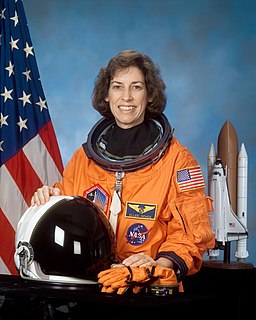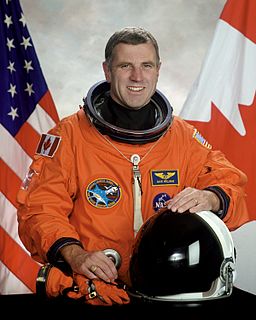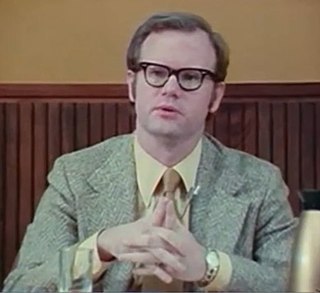A Quote by Ellen Ochoa
We are involved in technology development for, you know, missions that we hope to plan that would take us to an asteroid and eventually to Mars.
Quote Topics
Related Quotes
By 2025 we expect new spacecraft designed for long journeys to allow us to begin the first ever crewed missions beyond the Moon into deep space. So we'll start by sending astronauts to an asteroid for the first time in history. By the mid-2030s I believe we can send humans to orbit Mars and return them safely to Earth. And a landing on Mars will follow and I expect to be around in see it.
We will eventually build space science labs and hotels, prodding the capability for missions beyond the orbit of the Earth. Our space-hotel guests will be able to take breath-taking excursions, flying a couple of hundred feet above the Moon's surface in small two-man spaceships. In time, we will launch missions to Mars and beyond.
I know Elon, we're very like minded in many ways. We're not conceptual twins. One thing I want us to do is go to Mars, but for me it's one thing. He's singularly focused on that. I think motivation wise, for me I don't find that Plan B idea motivating. I don't want a plan B for Earth, I want Plan B to make sure Plan A works.
I would love to see the world's space programs continue toward sending humans to an asteroid or to Mars, with, of course, a full plan in place to bring them back. That excites me. And one of the things that excites me most about space is that we can go up there and put spacecraft in orbit with sensors that will help us measure the health of our planet, which is becoming particularly important. Our planet needs to be observed.
One of the things that's really exciting from my perspective is that Canada is one of the major spacefaring nations. The list of our achievements is profound and significant, and it's not just in robotics, it's also in the life-sciences research experiments that take place on board and other space-science experiments. I'd love to see Canada go from being a major spacefaring nation in low-Earth-orbit missions to those beyond, making sure we're part of those missions to Mars - not just from a technology perspective, but sending humans into beyond-Earth orbit.
My plan was always to leave school and live in a flat with some friends, have a 9 to 5 job, and try to get as many gigs as I could. I wanted to keep writing and then eventually, in my twenties, head to a record label and hope they'd sit down and listen to my book of songs, sign me as a songwriter and maybe an artist in development.

































